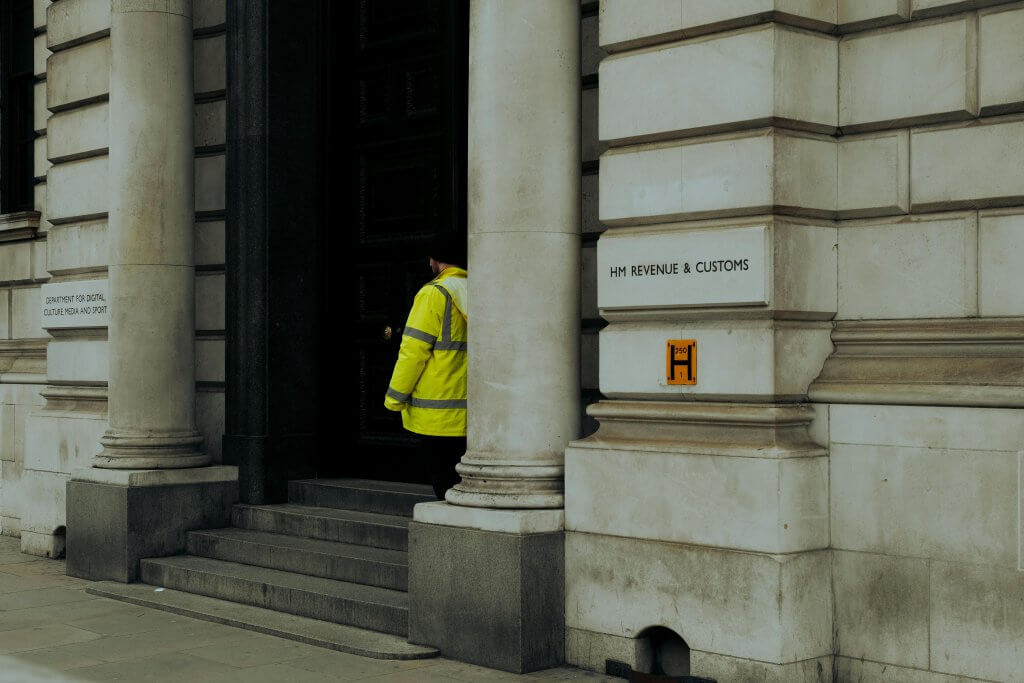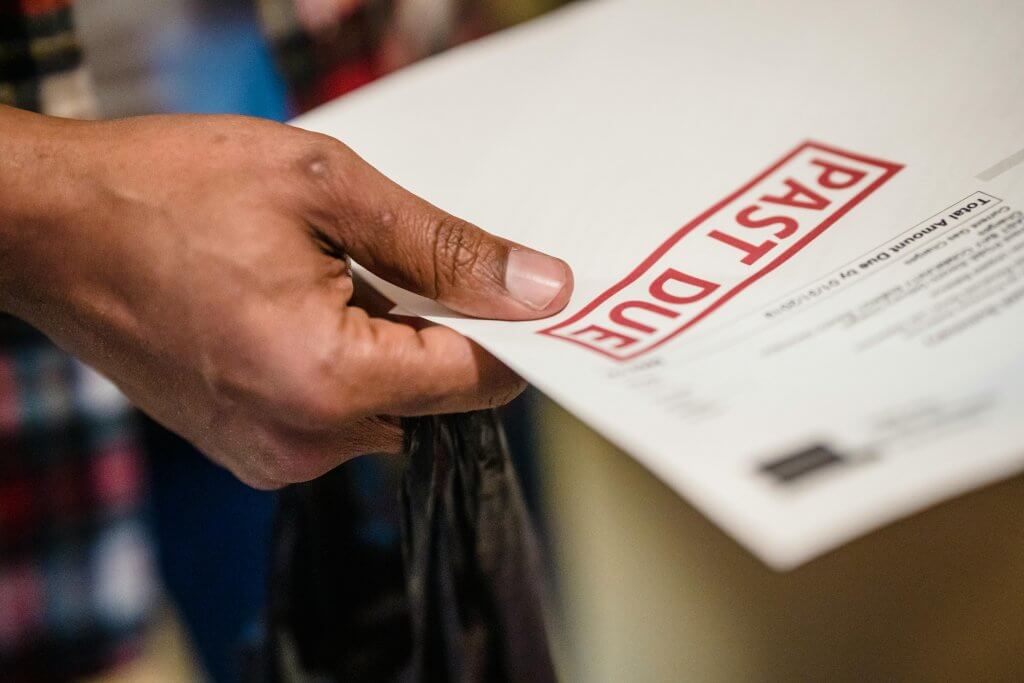We believe that most businesses could be viable, with the right strategy in place so they can adapt and thrive going forward.
However, a great many will be in the challenging position of having good long-term prospects but poor short-term ones. The good news is that help is out there. By combining expert business rescue advice with your business experience and some careful planning, you can navigate the storm and sail your business to calmer waters.
This article explains the specific problems you may encounter as a business owner or company director and outlines the solutions to those problems.
Preparing for the future
This is a vital time for you to take stock of the financial health of your company. It’s never been more important for you to communicate clearly, regularly and with honesty with your accountant. This dialogue is crucial if your business is going to survive.
Work with them to assess your situation. Seek help from experts when the situation demands it. For example, if you’re potentially facing insolvency, it’s crucial you work with a licensed insolvency practitioner (IP), getting them involved at the earliest possible stage.
It may be that a seemingly hopeless situation can be turned around with prompt, decisive action. One thing is for sure: delaying will not help.
Here are some of the things you can do to help your company thrive going forward.
- Revise your value proposition – why should your customers buy (or continue to buy) your products/services? It may be that your ‘sales pitch’ is outdated.
- Scrutinise your finances, looking for cost reductions and driving operational efficiencies.
- Revisit forecasts more frequently and plan for all outcomes.
- Analyse how your markets and customer needs have changed. Have you adapted to these changes? Diversification and innovation in products and services is important here.
- Adopt a ‘recovery and growth’ mindset, while adapting your business strategy to address challenges, focus on the new opportunities.
Spotting the early signs of insolvency
Meet with your accountant and initiate a complete and thorough review of your business’ accounts. Do this with them so you can ask questions when they come up. This will also help you better understand your business and whether your goals are achievable.
Consider cash-flow forecasts, your order book and your company’s bank balance especially carefully, taking into account any ‘hidden’ liabilities (for example credit card debt, deferred payment plans, personal loans, etc.).
At this point you might start spotting the early signs of insolvency. These include:
- Poor sales and an empty (or depleted) order book, or loss of contracts.
- Heavy borrowing (especially if credit/overdraft limits are reached). Refusal of credit from a bank or other lender is a red flag.
- New lines of credit being sought.
- Extended terms sought from creditors.
- Late payment of suppliers or the refusal of suppliers to supply goods.
- Late or non payment of staff wages.
- High turnover of staff.
- Pay cuts or pay freezes for company directors.
- Non payment of cash owed to HMRC for income tax, Corporation tax, VAT, etc.
- Delays in providing financial information
Where you uncover these problems, it’s important you work with your accountant to analyse them and get to the root causes. These problems are bound to get worse over time if you don’t put steps in place to deal with them.
Informal insolvency options
For most businesses in trouble, an informal insolvency process can be the best option.
A word of warning first: An informal insolvency is unlikely where the debt is a large one or where there are multiple creditors. However, if your debt is to one or two creditors, especially if there’s a good relationship you, then this type of arrangement is worth pursuing.
For your creditor, an informal arrangement will usually be preferable to a formal one. They will have a better chance of getting more of their money back, and they will avoid any legal fees that might arise from pursuing a more formal process. And if your creditor company is a supplier, they might have an eye on doing future business with you (albeit with revised terms and conditions).
The first step is to contact the creditor directly to explain the situation your company is in and to request a discussion on setting in motion the informal process. If you’re worried about how to start this conversation, our experts can help you navigate it.
Once we have agreement from your creditor, you can choose to work with our business rescue specialists or your own accountant to put forward a credible case for your debt repayment. You’ll need to prove that any plan to repay the debt is realistic and achievable. With our business rescue experience, we’ll help you to devise this plan and prove the longer-term viability of your business.
One problem with informal agreements is their informality. The lack of a legally binding contract means that the creditor can back out and pursue legal action against your company. It’s vital that all steps and decisions are properly recorded so that you aren’t exposed to litigation if the informal arrangement doesn’t go to plan.
How can a business be rescued?
If an informal insolvency arrangement cannot be agreed, then there are formal solutions that will rescue the business, allowing it to clear its debts and start afresh.
These include:
Company administration. A legal process that protects your business from further action from its creditors. Entering administration gives a company the breathing space it needs so it can plan for survival. It can also prevent one creditor taking action to the detriment to other creditors or the future existence of the company.
Administration is also an opportunity for the company to be restructured, removing inefficient or non-profitable parts of the business.
A CVA. A Company Voluntary Arrangement (CVA) is a legally binding agreement between you and your creditors. They will respond to your action plan by voting, at a creditors’ meeting, on whether to accept it. If it’s accepted, you’ll work with a licensed insolvency practitioner (IP) to implement the action plan and set up a schedule of monthly repayments. This schedule will determine how much each creditor is paid each month and how long the CVA will last (usually three or five years).
Pre-pack administration. An insolvency procedure where a company enters into an agreement to sell its assets to a buyer, before appointing administrators to help with the sale. A pre-pack is usually seen as the best option if there is a good core business that can be sold to a competitor or third party. The buyer could be the existing directors, operating under a new company name, normally called a ‘newco’.
Each of these options needs the involvement of a licensed insolvency practitioner. It can be difficult to tell between unregulated, unqualified advisers and reputable, legitimate firms. The Insolvency Service provides a full list of licensed firms on their website.
How do financial difficulties affect you personally? Informal insolvency options
Debt isn’t just a financial problem. It can cause huge emotional damage to a person’s wellbeing, creating anxiety and stress. And a prolonged period of stress can cause physical as well as mental ill-health.
It can also damage personal relationships when it becomes impossible to ‘leave work at the office’. While your accountant is not a counsellor, they are well-placed to offer friendly advice and steer you to places where you can get help.
Mental health charities such as MIND have a wealth of information on dealing with debt and managing stress on their websites. And MoneySavingExpert.com has published a free downloadable guide called ‘Mental Health and Debt’. The guide explains that “people do not become depressed overnight. It takes time, usually weeks or months. If you can spot them, the stages below are the time when you can act to avoid full depression.”
Another way you can help ease the pressure is to make sure you stay on the right side of the law. Directors of a company in an insolvency process must follow the rules – this cannot be overstated.
One of the jobs of an administrator is to examine and report on the actions of all directors of the company. Any improper conduct can result in disqualification as a director or having to repay monies to the company which have been handled improperly.
In egregious circumstances, directors can be fined or even sent to prison. Among the no-nos are:
- Hiding assets from the administrator.
- Favouring one creditor over another.
- Paying directors salaries that the company can’t afford.
- Failing to cooperate with requests for financial statements.
- Knowingly trading while insolvent.
Solvent liquidation
If you decide the best course of action is to close your business, then the simplest way of formally closing down a solvent company is through a Members Voluntary Liquidation (MVL). This route is not open to companies in financial distress that are unable to pay their debts.
MVLs are a cost-effective and tax efficient way of closing a business, as shareholders can extract profit if the company has retained profits of over £25,000.
If you go down this route you’ll need the services of a licensed insolvency practitioner (IP). Obviously an IP will charge a fee, and there will be other legal costs (or disbursements). On top of that, you’ll also be required to pay a bond, which protects you while your company’s funds are in the hands of the insolvency practitioner (the amount of this bond depends on the value of the company).
When your company closes all retained profits are treated as capital rather than income, meaning Capital Gains Tax is payable, not income tax. This could represent a considerable saving, especially where big profits have been retained.
You can help expedite the MVL process with some preparation and the help of your accountant. For example you should make sure:
- you have no outstanding bills to pay, especially to HMRC.
- you collect any outstanding monies owed to you.
- your accounts (and any other relevant paperwork) are up-to-date and correctly filed.
- you de-register for VAT.
- you follow the correct procedures for the termination of staff contracts, etc.
Working alongside an IP, you can make sure the MVL is as painless and cost-effective as it can be.
Get in touch
Don’t wait to seek the advice of the experts. Help is out there. A licensed insolvency practitioner and business rescue expert could help you understand your options in more detail.
The sooner you speak to a specialist, the more time and options you’ll have. We work with clients that are in financial difficulties to help them survive and then thrive in some of the most difficult economic times the UK has ever experienced.
If your business is facing financial difficulties, you could benefit from the advice and guidance of business rescue specialists and experts.




